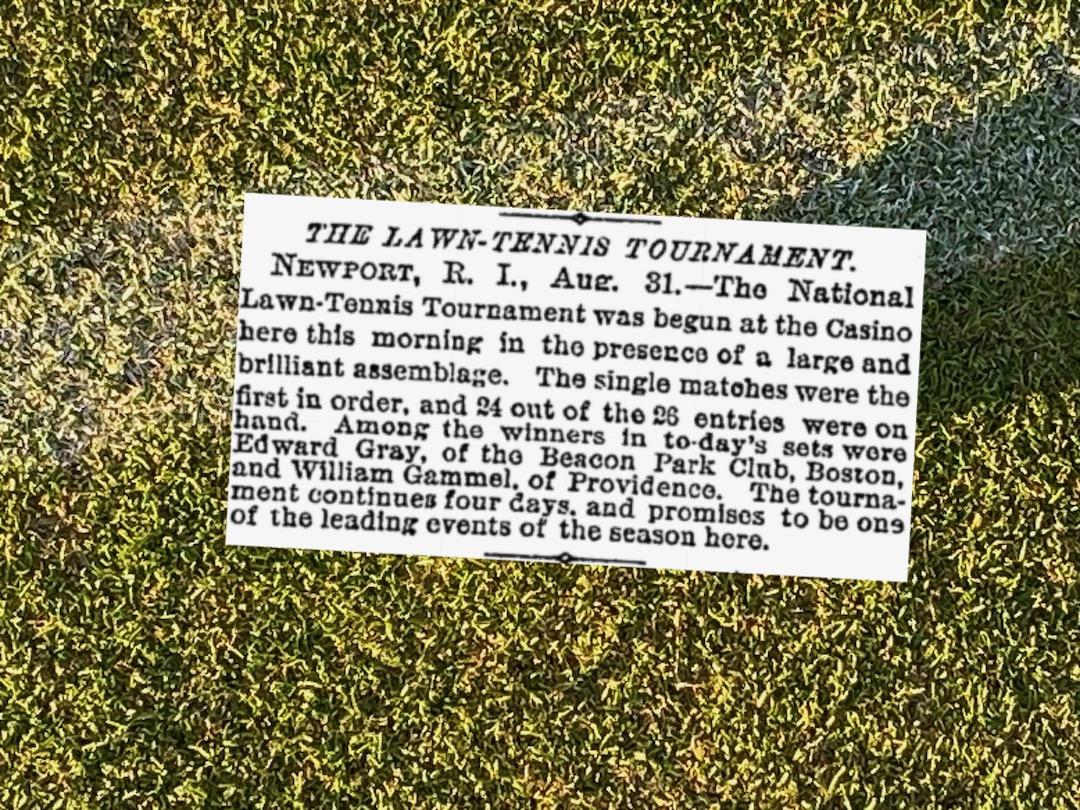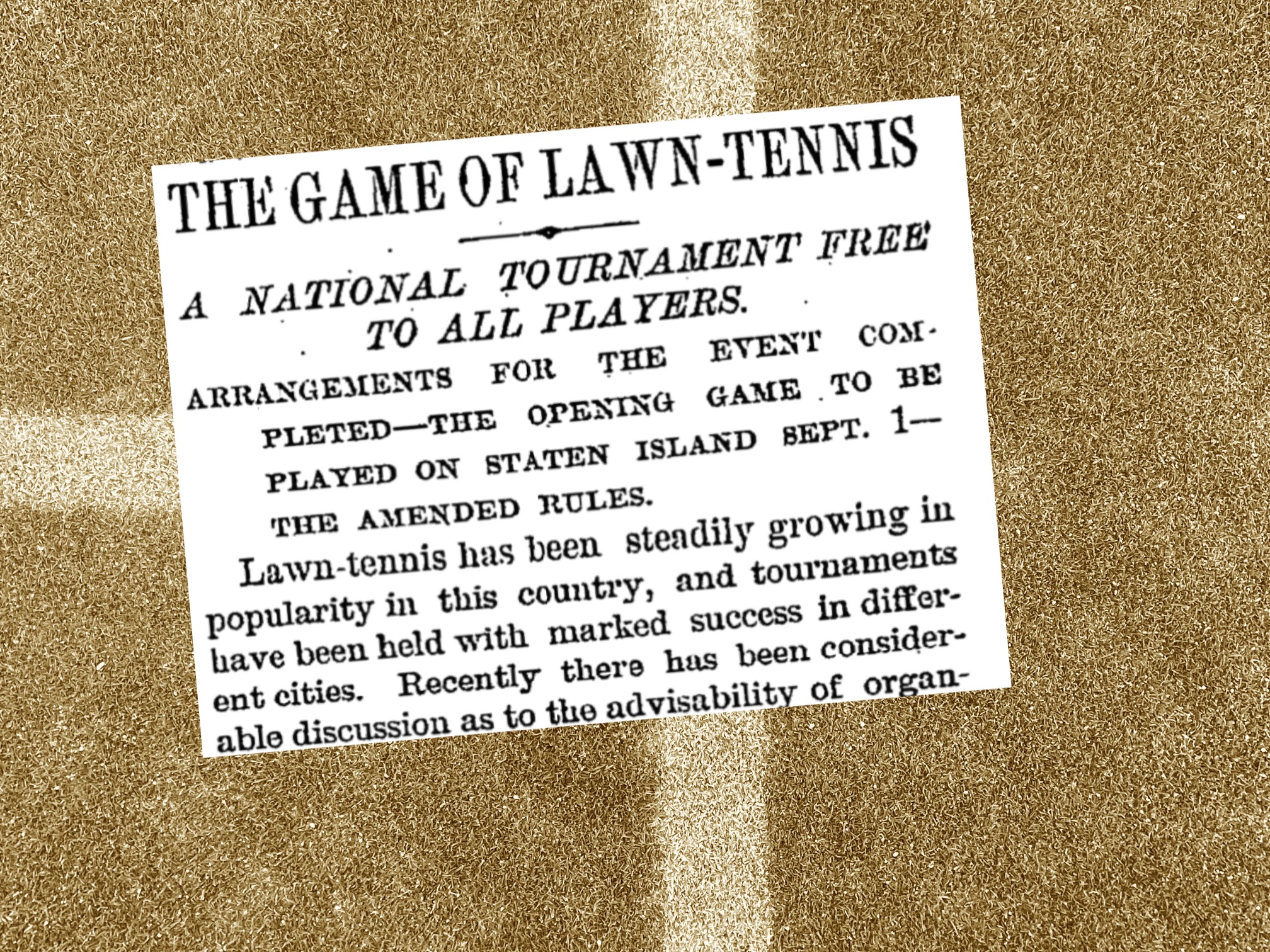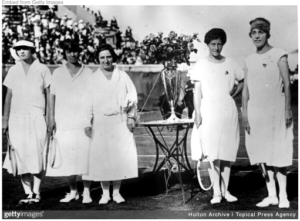Every once in a while there is a modern perspective about past events that doesn’t exactly align with all the facts. Current conventional wisdom is that the WTA and women’s players have always been in favor of playing best-of-five, if that is what is required to achieve equal pay. Additionally, it is widely claimed that it is the organizers of the grand slams that have always imposed the best-of-three format on the women. Always turns out to be a very strong word.
Yesterday I explored the fact that Tennis Australia made an announcement in 1994 that the women’s finals at the Australian Open in 1995 would be played best-of-five. I also shared the challenges encountered in finding independent corroboration of this event other than the source that originally brought the fact that this happened to my attention. The simple fact of the matter is that this was not a huge news story at the time that the events transpired.
Today I am focusing on the WTA’s opposition to the proposal, which is somewhat of a challenge due to the paucity of coverage in the media. The only news outlets that I could locate with coverage of the event at the time are Australian publications. Nevertheless, my relentless drive to attempt to understand the “why” pushes me forward with what I have managed to turn up.
The first article I located on this overall subject was the one that a random twitter user pointed me to after I tweeted a request for help on this topic. That article was from the Canberra Times in August of 1994, which provides a total of seven sentences on the matter. That being said, there is a lot of information conveyed in those seven sentences. Maybe one day I can be as verbally efficient.
It is clear that the failure of the idea was due to lack of support from the women players. Steffi Graf is cited as being the leader of the opposition to the proposal and that she was supported by virtually all of the top players at the time.
In a more verbose article carried in “The Sunday Age,” a male journalist wrote that the problem was “that the women do not want to work any harder for their money – the same as that given to the men.” In what would surely be labeled as a misogynistic stance in modern times, this statement highlights that the Australian Open had already temporarily established prize money parity before the best-of-five initiative was attempted.
On the surface, one interpretation is that the women were unwilling to play best-of-five because prize money parity had already been established. The following year, after the women refused to play the longer format, the Australian open took away equal pay for women. I want to believe that that decision wasn’t retribution for that refusal. There was a lot of tension between the WTA and the tournament at the time on other related topics including lack of promotion and less than desirable court assignments for the women. These were complicated times.
A separate article carried by the Sydney Morning Herald, written by a female author, focused more on the reasons that the women opposed the proposal. In that source, Australian tournament director Paul McNamee is quoted “They thought the final of a grand slam was so important that they didn’t want to see the conditions changed for the final from the other rounds of the tournament.” That article also included the fact that the WTA finals would continue to be played best-of-five.
Steffi Graff was not the only star of the game identified by name as opposing the Australian Open best-of-five proposal. In 1994 Martina Navratilova also went on record claiming that the idea was a mistake and that men’s matches should be reduced to best-of-three. She also expressed that the tournament itself should be moved to later in the season.
Tomorrow I will explore why Navratilova was a key figure in all this and also why it wasn’t a bigger news story at the time. The summer of 1994 was a crazy time in tennis.
- Best-of-five finals idea dismissed, The Canberra Times, August 30, 1994.
- Why Women Don’t Play Best-Of-Five Matches at Grand Slams, ThinkProgress, Lindsay Gibbs, May 27, 2016, page viewed 3/2/2020
- Five-set women’s final plan scrapped, Alan Attwood, The Sunday Age (Melbourne, Australia), August 3, 1994.
- Women’s Five-Set Plan Scrapped – Tennis, Heather Smith, The Sydney Morning Herald, August 3, 1994.
- Martina’s criticism slammed, The Canberra Times, May 7, 1994.



